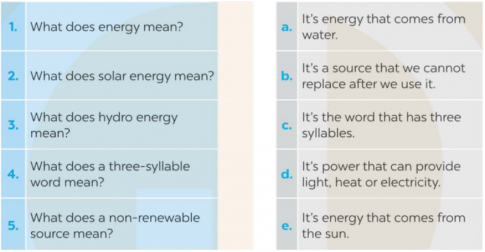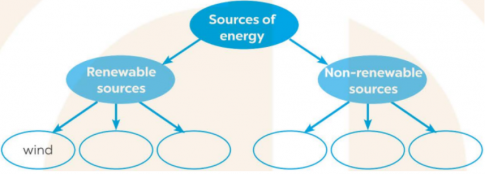Giải SBT tiếng Anh 7 global success Unit 10 Energy Sources
Hướng dẫn giải Unit 10: Energy Sources trang 77 SBT tiếng Anh 7 Global success. Đây là sách bài tập nằm trong bộ sách "Kết nối tri thức" được biên soạn theo chương trình đổi mới của Bộ giáo dục. Hi vọng, với cách hướng dẫn cụ thể và giải chi tiết học sinh sẽ nắm bài học tốt hơn.
Từ khóa tìm kiếm: Giải tiếng Anh 7 sách Kết nối, soạn tiếng Anh 7 global success, giải sách global success 7, giải tiếng Anh 7 Unit 10 Energy Sources kết nối tri thức, giải Unit 10 Energy Sources trang 77 lớp 7 global success





Bình luận